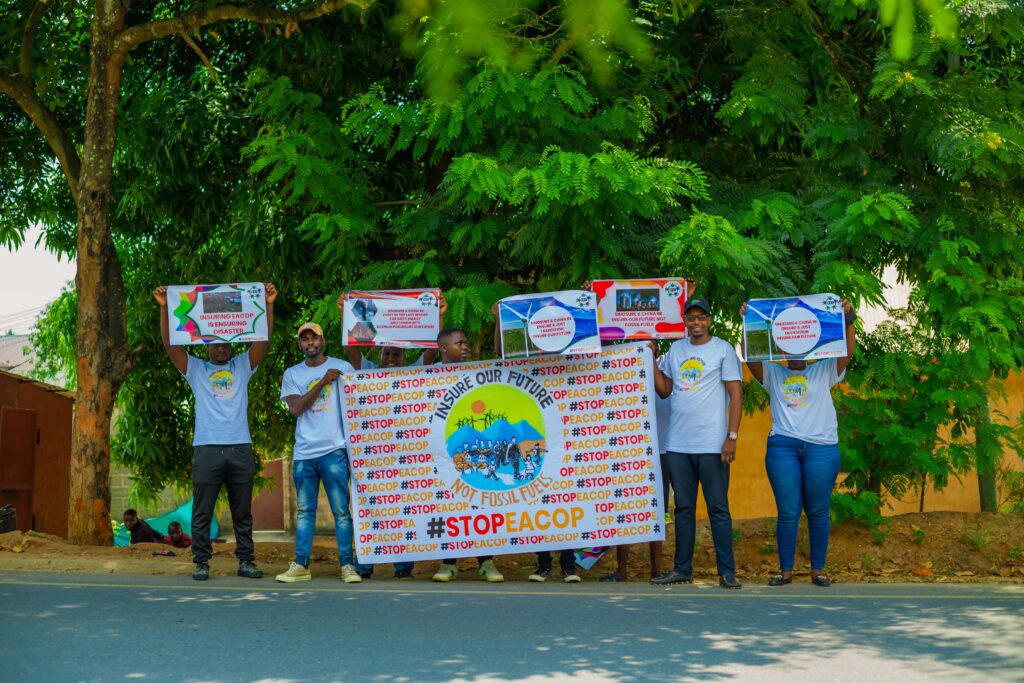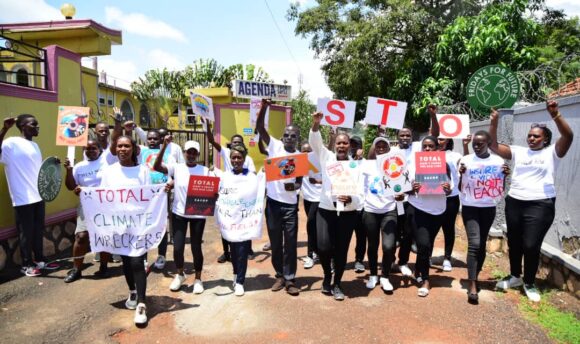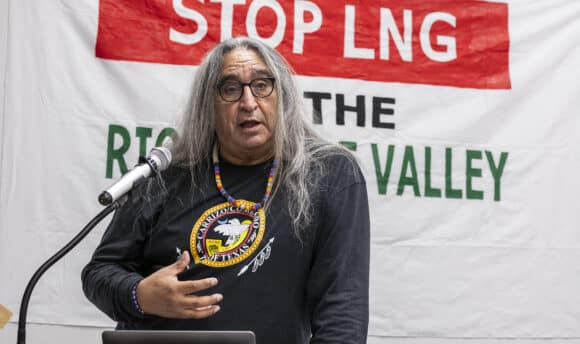Fossil fuel greenhouse gasses are a critical issue exacerbating climate change. One project with significant CO2 emissions that activists and organizations around the world are deeply concerned about is the East African Crude Oil Pipeline (EACOP). People are calling for the cancellation of the project due to its potential for the destruction of ecosystems, human rights violations of local residents, and climate impacts.
The Role of Insurance Companies
Fossil fuel projects cannot be realized without the backing of insurance. Therefore, insurance companies play a vital role in such environmental issues. As the world’s 15th largest underwriter of fossil fuel projects, Tokio Marine faces scrutiny over its potential involvement in EACOP. The decision by some of the world’s largest insurance companies, such as Tokio Marine, to provide insurance for the project could determine whether or not it proceeds.
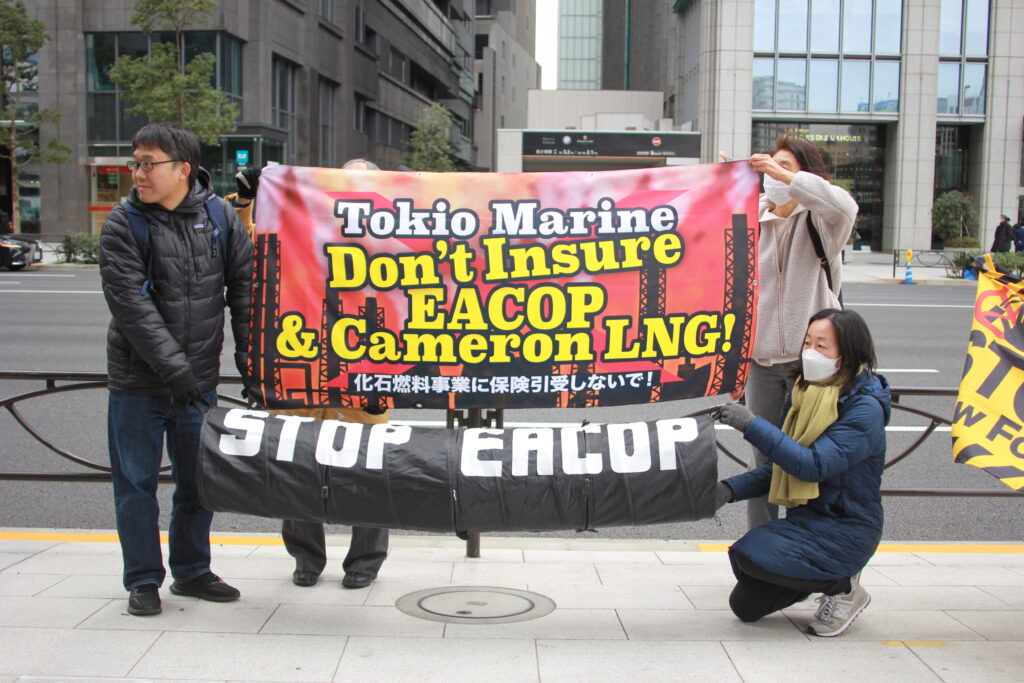
The Global Week of Action protests in February 2024 called for major insurance companies’ withdrawal from fossil fuel projects. Tokio Marine was a primary target due to their heavy involvement in fossil fuels. Following the protests, the insurer updated its climate policy, but failed to deny its involvement in EACOP.
Local and Global Impacts of EACOP
The proposed pipeline’s construction would have irreversible consequences for climate change with estimated annual CO2 emissions of around 33 million tons. Stretching 1443 kilometers between Uganda and Tanzania, the project would run across areas with resources such as water and food which support about 40 million people, as well as habitats for endangered species. If the project proceeds, it would severely disrupt the local ecosystem.
The impact on local communities is alreadywould significant. There are concerns about the contamination of essential water and food resources, and the forced displacement of local residents. Already, thousands of residents in Uganda and Tanzania have faced this, with over 100 villages lost in each country.
Perspective from a Local Climate Activist: Hilda’s Story
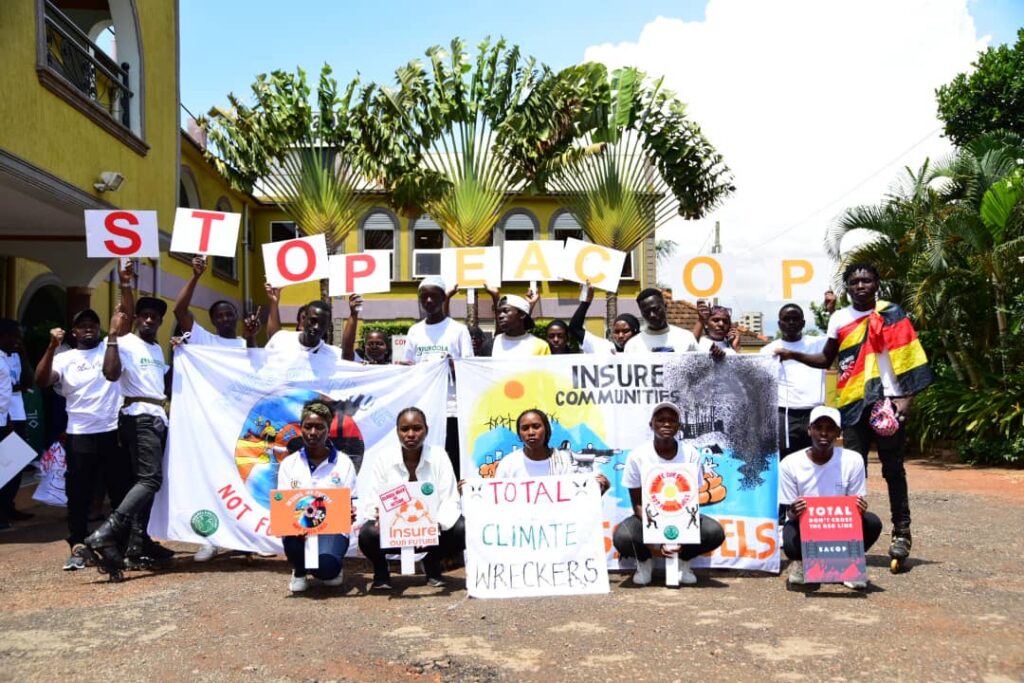
Growing up on a farm in Uganda, Hilda witnessed firsthand the damage of the climate crisis. Located near Lake Victoria, her family grew bananas, guavas, beans, cassava, sugar cane, and coffee. She became aware of the impact of climate change at university and after her village was struck by a rainy season unlike any they had seen before. “For days and nights heavy rain battered the fields and strong winds bent and broke the crops until they were unsavable. Not only did the rains affect us financially, but I missed months of my schooling because flooding blocked the roads and I couldn’t get to school,” recalls Hilda.
Hilda expresses concern over the potential impact of EACOP on Lake Victoria and surrounding communities. The pipeline will traverse 200 rivers and Lake Victoria, the second-largest freshwater lake globally supports over 40 million people and diverse wildlife. “If oil spills contaminate the water, what will happen to the livelihood of these people?”
The potential environmental and social impacts of EACOP are profound. While global insurer peers like Zurich and AXA, as well as its domestic finance peers: MUFG, Mizuho and SMBC have ruled out support from the project, Tokio Marine’s stance remains unclear.
The role of insurance companies is to protect people from risks. Insure Our Future urges Tokio Marine to align with leading global insurers and rule out its support for the EACOP project.
